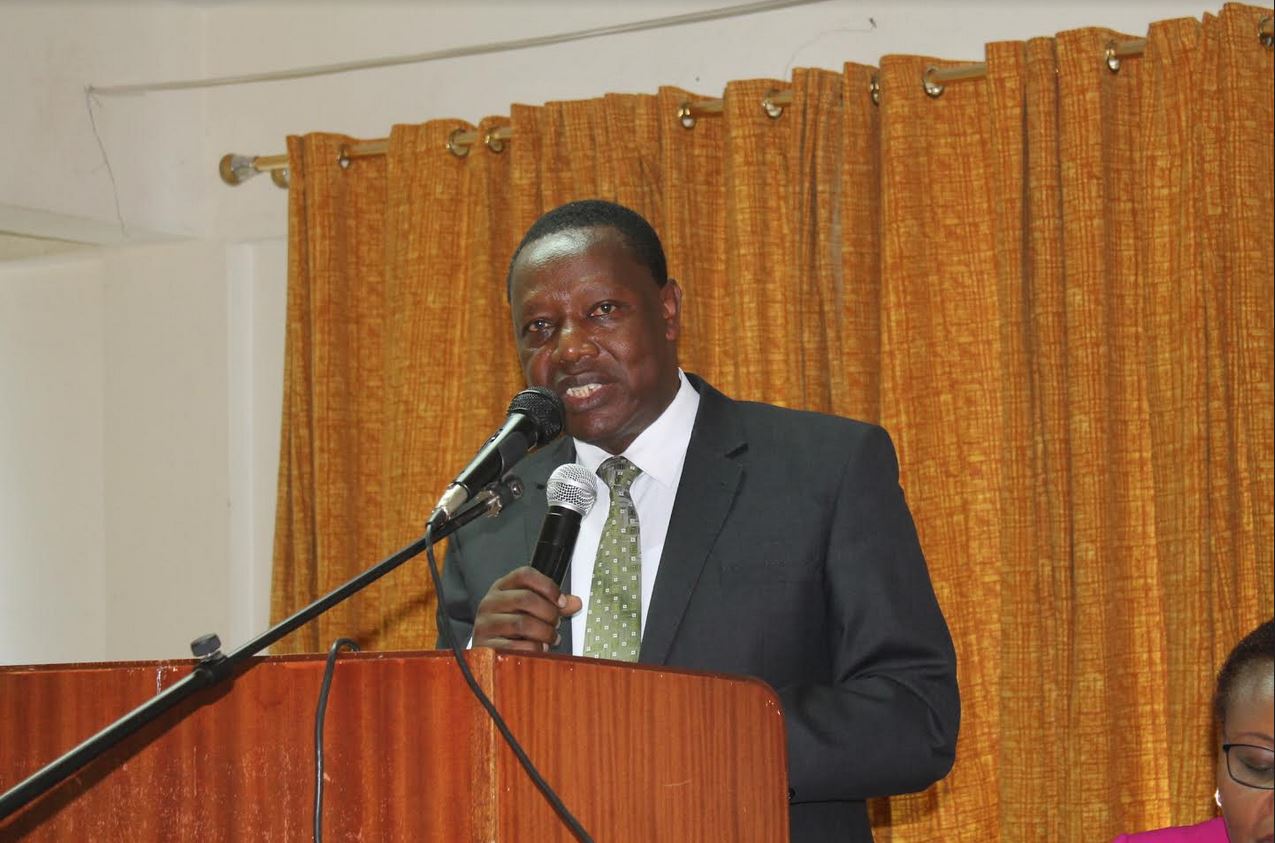
Former Director of Quality Assurance in the Ministry of Education Mr Enos Oyaya has described the recently introduced Competence Based Curriculum (CBC) as the way to go in a rapidly changing world where technology leads the way to development.
He said anybody resisting the new education system that already has been rolled out in early primary education (Standard one to three) was old fashioned and should be ignored. “We can only avoid change at our peril in a dynamic world where anything outdated must be jettisoned to cover lost ground,” cautioned Mr Oyaya at a workshop for Secondary School teachers on Strengthening of Mathematics and Science Education (SMASE) at Egerton University, Njoro.